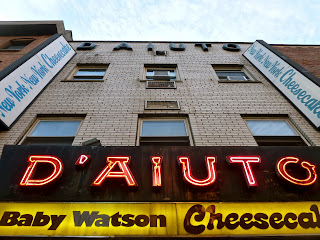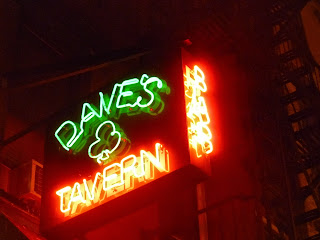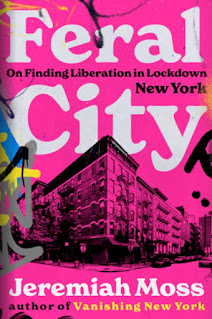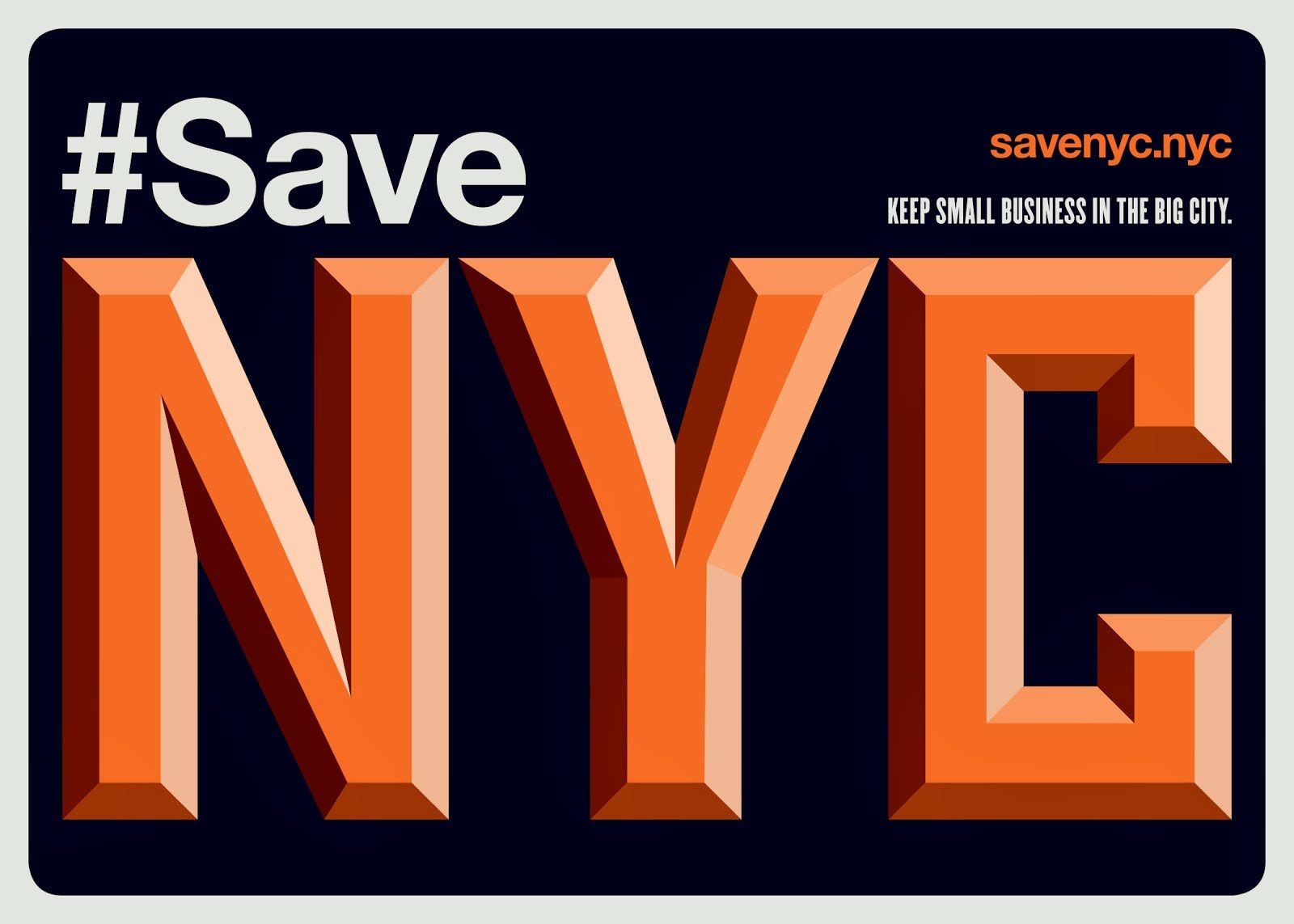Next year, the
Donut Pub on 14th Street turns 50. It shows no signs of closing and has
outlived at least two Dunkin Donuts that have parked nearby in failed attempts to steal the Pub's customers. No dice. The customers here are loyal. The waiter knows their orders and gets them ready before they sit down--black coffee, jelly doughnut, coffee with half and half, decaf, sesame bagel with butter, glass of cold milk.
Now, like many places,
they have created their own version of the hysteria-inducing cronut--the "Croissant Donut." But there is no hysteria here. No all-night lines, no sidewalk campers, no groupies. The Pub remains the Pub.

On an unseasonably warm afternoon, the Donut Pub is an oasis of cool and quiet. At the marble counter, a woman stirs her iced coffee, making the milk swirl. It feels like a long sigh.
"Get a load of this," says a man reading the paper. "That neighborhood north of Madison Square Park? Now they're calling it NoMad. Like Soho and Tribeca.
Okay, but what the hell is fee-dee? Fee-dee? I can't figure that one out."
Someone complains about the temperature. Someone else says, "Hey, did you know, next year this place'll be 50 years old? Don't the doughnuts
taste like they're 50 years old?"
It's a wisecrack. The doughnuts are delicious and fresh. Through the
kitchen door, the baker pulls trays out of the oven to cool and gathers
chocolate doughnuts into long baskets for display. He threads a dozen
Honey Dips onto wooden spindles and douses them with a thick, gooey
glaze before leaving them to drip.

The wisecracker is "
Magic Mike," a retired member of the FDNY who wanders into the Donut Pub to perform card tricks and to sell decks of magic cards to customers. He demonstrates the Disappearing/Reappearing deck, the Svengali, and Chase the Ace. He says, "Hocus pocus, alakazam," and makes a handkerchief disappear into a fake rubber thumb hidden in his fist. He and the Pub's manager give each other the business.
"Hey Mike, who'd you have to blow to get into that Brotherhood of Magicians? I want to know, why'd they let you in?"
On the radio, The Eagles are taking it to the limit. A man who smells fresh from the barber, of Clubman talcum powder, walks in, sits down, and begins to obsessively arrange the nearby napkin and sugar dispensers, to make them neat, to make sure they're just right. Everything has its proper place. The waiter, without exchanging a word, places a cup of coffee and a toasted coconut doughnut in front of the man. All is right with the world.

Not everyone here is happy, however. Like the blonde who totters in on her stiletto heels to loudly ask, "You have coffee?"
"Regular?" says the waiter, grabbing a cup.
"Just regular? You don't have lattes, cappuccino, espresso?" She squints for several seconds at the coffee pots on their hot plates and then points a lacquer-tipped finger at them. "Is that the regular coffee?"
"That's coffee," the waiter says.
"What does 'regular' mean?"
"Milk and sugar."
"Oh," says the blonde, "no, no." She walks out empty-handed. She doesn't even look at the knock-off cronut. But nobody seems to mind.
 Also:
Donut Pub Wins
The Donut Pub
Peter Pan Donut Shop
Donuts Coffee Shop
Disco Donut
Also:
Donut Pub Wins
The Donut Pub
Peter Pan Donut Shop
Donuts Coffee Shop
Disco Donut























































